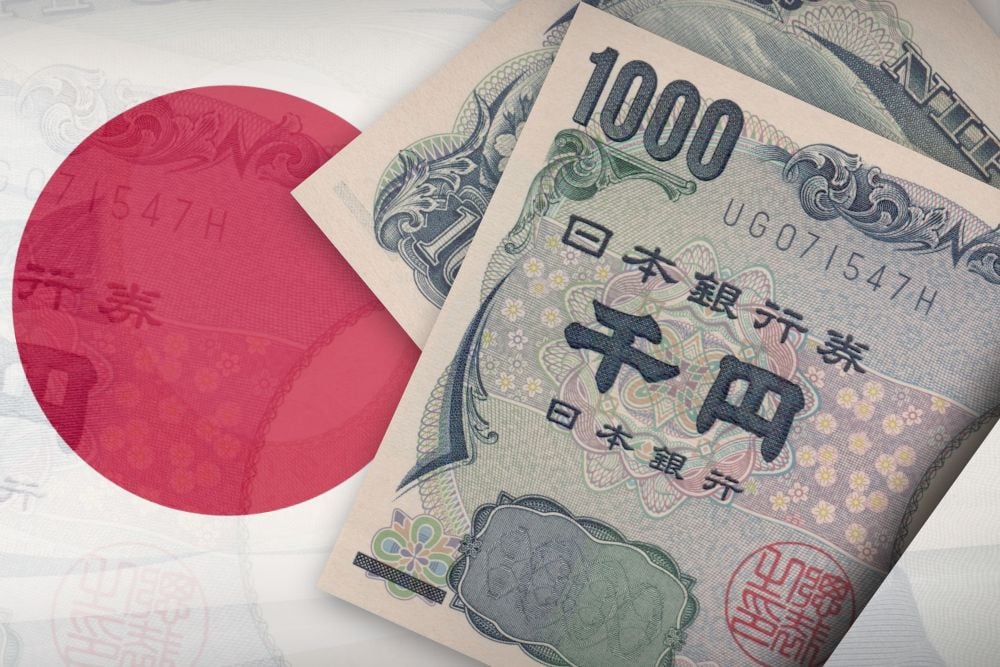Next Tuesday, August 17, China Investment Corp (CIC) stands to lose an awful lot of money in Morgan Stanley – a first investment it will never forget.
That’s unless China’s sovereign wealth fund can somehow get rid of its remaining shares in the blue chip US investment bank before a deadline on its equity units being converted into shares is triggered.
CIC has been trying to do exactly that over the last few weeks, conducting a steady, one-way campaign of selling Morgan Stanley stock in the secondary market. Yesterday it unloaded another 1.6 million shares for US$43.9 million, according to the US Securities and Exchange Commission; that makes it over 25 million shares worth $692 million in less than a month as D-Day approaches.
But it has a way to go. The Morgan Stanley stock was CIC’s first offshore US$5.6 billion investment in December 2007, a few months after CIC was incorporated and charged with US$200 billion of the country’s foreign reserves to invest abroad. Now CIC, which already owns 150 million shares of Morgan Stanley, will take possession of about 116 million more when the US$5.6 billion in principal of mandatory convertible notes convert into common stock on August 17th, according to Caijing magazine in early August. “The conversion is going to result in a sizeable paper loss for the CIC since [it] is expected to cost between $48.07 and $57.68 per share at a time when Morgan Stanley stock is hovering around the $27 mark,” according to Caijing.
That moment will bring an end to the welcome procession of quarterly dividends - yielding 9% - that it has enjoyed for the last rollercoaster two-and a-half years in which Morgan’s stock plummeted throughout 2008 then recovered remarkably last year. Now a special financing clause – allowed to pass in the agreement because of CIC’s raw inexperience in such deals - will blow up in its face with little it can do about it.
CIC will lose a lot of face in Beijing too - not made any better by the issue being reported in mainland financial media - at precisely the time when it is lobbying the State Council for more of the country’s foreign reserves in competion with rival state funds and authorities: notably SAFE, the foreign exchange regulator which has also started an investment sideline in taking on foreign exhange risk for itself, and NSSF, the national pension fund, which is led by a former central bank governor.
Under recent US Treasury regulations on foreign mergers and acquisitions, the Committee on Foreign Investment has been tasked with scrutinising foreign holdings above 10%; that might attract attention that the Chinese government - which is encouranging its banks to expand internationally and has the IMF meeting in Washington to contend with - would be happy to do without.
In contrast, publicity in the August ‘silly season’ about buying Liverpool Football Club or building US$5 billion of infrastructure in Indonesia – however erroneous they may be – probably came as a relief to Beijing. The stories certainly spruced up the picture of the Chinese nation planting its financial flag in all corners of the earth, and are helping to blurr the memory of this dud investment that marked the moment nearly three years ago that was meant to show that Beijing was serious about competing internationally at the top level.
Less than a year later, the financial crisis had exploded and would have pulled Morgan Stanley down altogether had it not been saved by Mitsubishi UFJ coming up with an emergency cheque – the banks were closed for a holiday - in October 2008. When America’s most celebrated investment house pleaded for a lifeline, CIC prevaricated on whether to plunge more money into the bank; and it was unaware of some of the unfavourable contingencies agreed in the initial investment, according to the book ‘Too big to fail’ by experienced reporter Andrew Sorkin. The Japanese financial giant agreed to the terms swiftly, when CIC thought it was the only ‘white knight’ out there, and was given a much improved deal, of course: something which CIC will not forget. Especially as it would have been in a position to renegotiate the conversion clauses that kick in next week.
Still CIC is moving fast up its unique learning curve. Last month, CIC advertised for 64 senior vacancies for risk management experts to hedge fund analysts and foreign currency traders, as it seeks to assume more in-house responsibility for its increasingly diverse portfolio. Western financials are out as an investment, but almost any thing else is on. At the same time, China’s premier investment body has appointed to its international board of experts figures of no less stature than Joseph Yam, the former head of the HKMA, and John Mack, the Morgan Stanley chairman and former-CEO: the driving force behind the original partnership between the American investment bank and the Chinese government who became one of the major casualties of the financial crisis that swept across the world from New York as CIC was setting up its office in Beijing.









